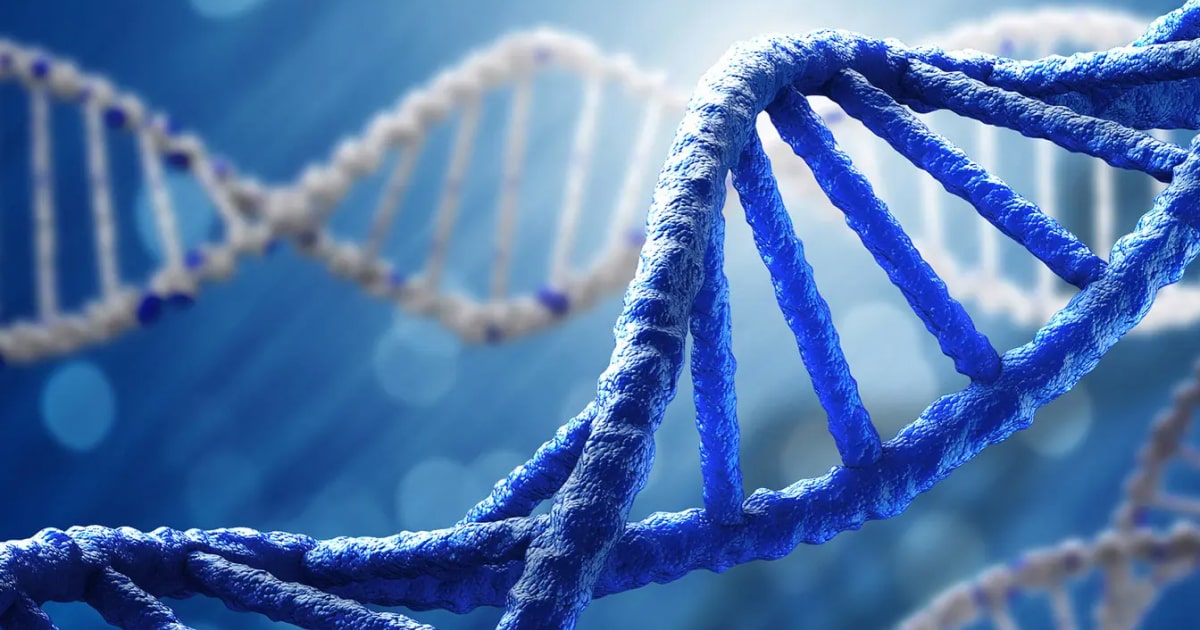Unlocking the Mysteries of Marshall/Stickler Syndrome: Genetic Testing for Diagnosis and Management

Expert Reviewed By: Dr. Brandon Colby MD
Marshall/Stickler syndrome is a genetic disorder that affects the connective tissue in the body, causing a wide range of symptoms and complications. This condition is characterized by abnormalities in the eyes, ears, skeletal system, and facial features. Early diagnosis and appropriate management of the syndrome are crucial to improve the quality of life for patients. In recent years, advancements in genetic testing have provided valuable insights into the underlying causes of this complex disorder, enabling more accurate diagnosis and personalized treatment approaches.
Understanding Marshall/Stickler Syndrome
Marshall/Stickler syndrome is a rare genetic disorder caused by mutations in specific genes responsible for the production of collagen, a protein essential for the proper functioning of connective tissues throughout the body. The syndrome is inherited in an autosomal dominant pattern, meaning that an affected individual has a 50% chance of passing the condition to their offspring.
Patients with Marshall/Stickler syndrome may experience a wide range of symptoms, including:
- Severe nearsightedness (myopia)
- Retinal detachment
- Cataracts
- Hearing loss
- Joint problems, such as arthritis and hypermobility
- Distinctive facial features, including a flattened midface and a small, upturned nose
- Cleft palate or other craniofacial abnormalities
- Scoliosis and other spinal deformities
The severity of symptoms can vary significantly among affected individuals, making it challenging for healthcare professionals to diagnose the condition accurately. This is where genetic testing plays a crucial role.
Diagnosing Marshall/Stickler Syndrome through Genetic Testing
Genetic testing is a powerful tool for diagnosing Marshall/Stickler syndrome, as it can identify the specific gene mutations responsible for the disorder. Currently, six genes have been associated with the syndrome: COL2A1, COL11A1, COL11A2, COL9A1, COL9A2, and COL9A3. Mutations in these genes can lead to the production of abnormal collagen proteins, resulting in the various symptoms of the disorder.
By analyzing an individual's DNA, genetic testing can confirm the presence of mutations in these genes, providing a definitive diagnosis of Marshall/Stickler syndrome. This information is invaluable for both patients and healthcare providers, as it enables them to develop a personalized treatment plan tailored to the specific genetic cause of the condition.
Benefits of Genetic Testing for Marshall/Stickler Syndrome
Genetic testing for Marshall/Stickler syndrome offers several advantages, including:
- Accurate diagnosis: As the symptoms of the syndrome can vary widely and overlap with other conditions, genetic testing can provide a clear and accurate diagnosis, enabling appropriate treatment and management strategies.
- Personalized treatment: By identifying the specific gene mutation responsible for the disorder, healthcare providers can develop a personalized treatment plan that targets the underlying cause, potentially improving outcomes for patients.
- Family planning: For individuals with a family history of the syndrome, genetic testing can provide information about their risk of passing the condition to their children, aiding in family planning decisions.
- Early intervention: Identifying the disorder early in life allows for the implementation of appropriate interventions, such as physical therapy, hearing aids, or corrective lenses, which can significantly improve the quality of life for affected individuals.
Expanding the Genetic Landscape of Marshall/Stickler Syndrome
Recent studies have expanded our understanding of the genetic causes of Marshall/Stickler syndrome, highlighting novel genetic causes and treatable cases. These findings have important implications for the diagnosis and management of the disorder, as they enable healthcare providers to identify patients who may benefit from targeted therapies or interventions.
As our knowledge of the genetic landscape of Marshall/Stickler syndrome continues to grow, so too does the potential for improved diagnostic and treatment approaches. By harnessing the power of genetic testing, we can unlock the mysteries of this complex disorder and improve the lives of those affected by it.
About The Expert Reviewer
Dr. Brandon Colby MD is a US physician specializing in the personalized prevention of disease through the use of genomic technologies. He’s an expert in genetic testing, genetic analysis, and precision medicine. Dr. Colby is also the Founder of and the author of Outsmart Your Genes.
Dr. Colby holds an MD from the Mount Sinai School of Medicine, an MBA from Stanford University’s Graduate School of Business, and a degree in Genetics with Honors from the University of Michigan. He is an Affiliate Specialist of the American College of Medical Genetics and Genomics (ACMG), an Associate of the American College of Preventive Medicine (ACPM), and a member of the National Society of Genetic Counselors (NSGC)